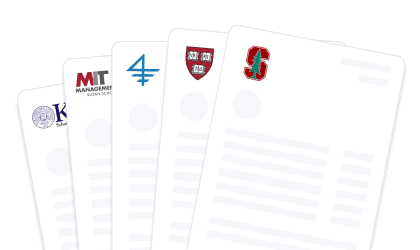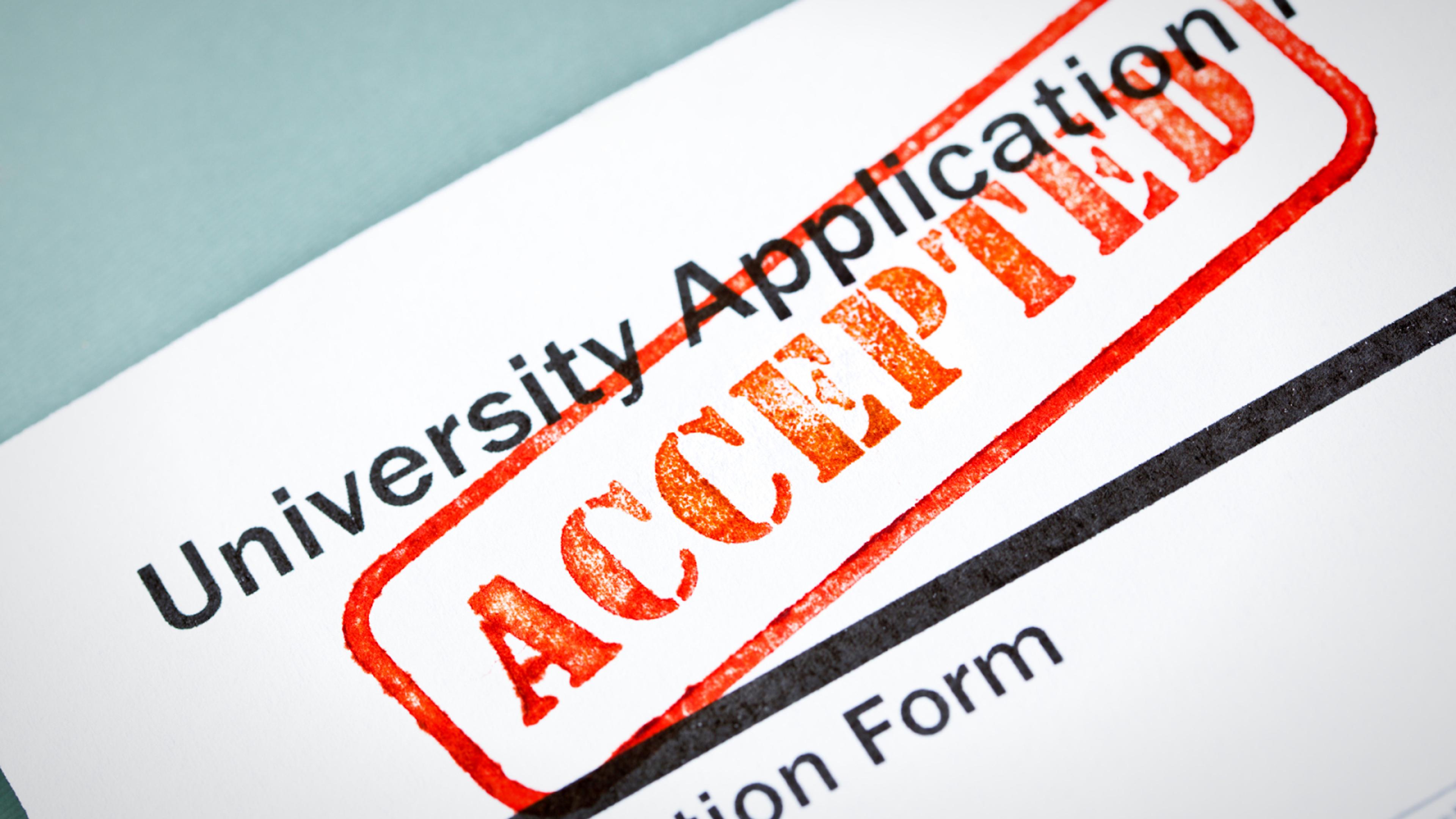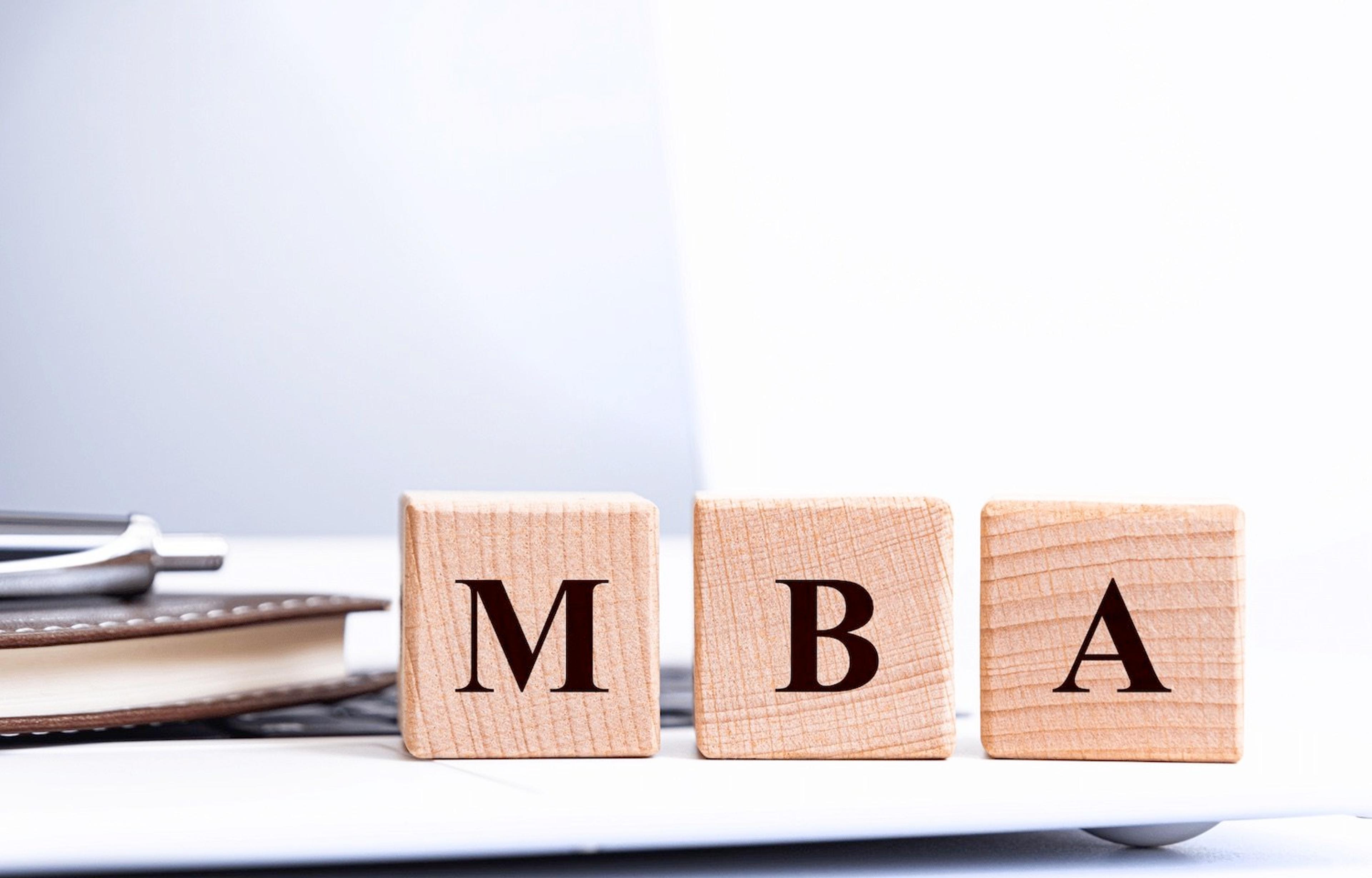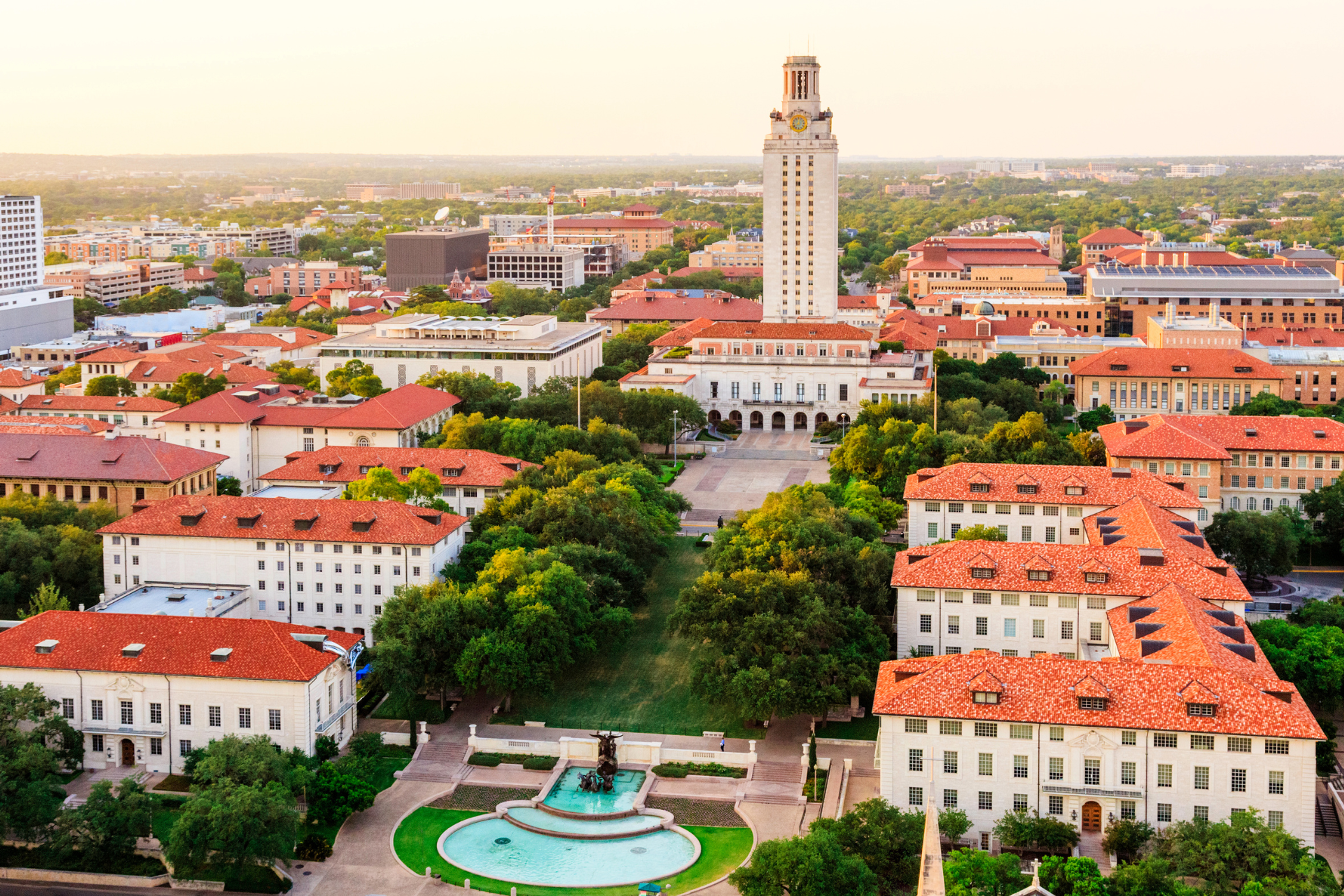MIT Sloan MBA: Acceptance Rate, Deadlines, Cost, Requirements, & Program Overview
Applying to MIT Sloan? Read this guide for the most practical strategies and tips curated by the best MBA admissions coaches in the world and Sloan alumni to get you that much closer to your dream business school.
Posted June 13, 2025

Join a free event
Learn from top coaches and industry experts in live, interactive sessions you can join for free.
Table of Contents
MIT Sloan MBA Program Overview (2025)
Founded in 1914, the MIT Sloan School of Management is one of the world’s most prestigious business schools, known for its innovative, analytical, and data-driven approach to management education. Located in Cambridge, Massachusetts, within the broader ecosystem of the Massachusetts Institute of Technology (MIT), Sloan fosters a unique environment that blends business, technology, and entrepreneurship. The school is renowned for its emphasis on action learning, collaboration, and real-world problem-solving, preparing students to lead in dynamic and complex industries. With access to MIT’s cutting-edge research, strong ties to the tech and finance sectors, and a globally influential alumni network, Sloan consistently ranks among the top MBA programs worldwide.
MIT Sloan MBA Acceptance Rate
The MIT Sloan School of Management is known for its selective admissions process. Acceptance rates have varied over the years, reflecting the program's competitiveness:
- Class of 2022: 14.6% acceptance rate
- Class of 2023: 17.8% acceptance rate
- Class of 2024: Approximately 11% acceptance rate
- Class of 2025: Approximately 10-12% acceptance rate
These statistics underscore the rigorous selection criteria and the high level of competition among applicants to MIT Sloan's MBA program.
MIT Sloan MBA Class Profile
- Location: Cambridge, Massachusetts
- Class Size: 409 students
- Acceptance Rate: Approximately 10-12%
- Average Work Experience: 5 years
- Median GMAT Score: 730
- GMAT Score Range (Middle 80%): 700-760
- GRE Quantitative Score Range (Middle 80%): 157-168
- GRE Verbal Score Range (Middle 80%): 155-167
- Median Undergraduate GPA: 3.61
- Percentage of Women: 46%
- Percentage of International Students: 40%
- Countries Represented: 60
- Underrepresented Minorities: 28%
"MIT Sloan students are informed and responsible global citizens with the vision, drive, and practical experience to make significant contributions to their organizations and to the world." - MIT Sloan Admissions Committee
MIT Sloan MBA Cost — Tuition & Fees
| Expense Category | Cost per Year |
|---|---|
| Tuition | $84,350 |
| Sloan Program Fee | $2,200 |
| Health Insurance | $3,603 |
| Housing | $21,600 |
| Food | $9,720 |
| Books & Supplies | $1,452 |
| Personal Expenses | $9,744 |
| Transportation | $3,552 |
| Total Estimated Cost | $133,116 |
These figures provide an approximate estimate, and actual costs may vary based on personal lifestyle, housing choices, and other factors.
Read: MIT Sloan MBA Cost: Tuition & Fees Breakdown
MIT Sloan Employment Report
Employment Rate: As of the report's publication, 91.7% of the MBA Class of 2024 were advancing in their professional paths, with 8.3% still seeking opportunities.
Compensation:
- Median Base Salary: $169,550
- Mean Base Salary: $169,370
- Median Signing Bonus: $30,000
- Mean Signing Bonus: $35,900
- Other Compensation: 59.9% of graduates reported receiving additional compensation beyond the signing bonus, with a median value of $40,000 and a mean of $88,870.
Industry Placement:
- Consulting: 32.1%
- Finance: 25.3%
- Technology: 19.0%
- Healthcare/Pharma/Biotech: 6.8%
- Auto/Aerospace: 4.5%
- Retail/CPG: 3.2%
- Energy: 3.2%
- Other Manufacturing Industries: 2.3%
- Other Service Industries: 1.3%
- Other: 2.3%
Geographic Distribution:
- Northeast (USA): 47.5%
- West (USA): 19.0%
- South (USA): 10.0%
- Mid-Atlantic (USA): 8.6%
- Southwest (USA): 5.4%
- Midwest (USA): 2.7%
- International: 4.9%
Internship Outcomes for the MBA Class of 2025:
Industry Placement:
- Finance: 29.5%
- Consulting: 23.4%
- Technology: 19.4%
- Healthcare/Pharma/Biotech: 8.6%
- Auto/Aerospace: 4.3%
- Retail/CPG: 4.3%
- Energy: 3.2%
- Other Manufacturing Industries: 3.2%
- Other Service Industries: 2.2%
- Other: 2.2%

MIT Sloan Application Overview
MIT Sloan Programs & Degrees
- Traditional, Full-Time MBA – A two-year, full-time MBA program focused on leadership, innovation, and hands-on learning.
- Executive MBA – A 20-month program designed for experienced professionals looking to enhance their leadership and strategic decision-making skills while continuing to work.
- Deferred MBA – A program for undergraduate and graduate students to secure a future spot in the MBA program while gaining 2-5 years of work experience before matriculation.
- MSx Program (not offered) – MIT Sloan does not have an MSx program equivalent; instead, students can pursue specialized degrees like the Master of Finance (MFin) or Master of Business Analytics (MBAn).
- Joint Degrees – MIT Sloan offers interdisciplinary joint degree options combining business with other fields.
- MIT Leaders for Global Operations (LGO) – A two-year dual-degree program combining an MBA with an MS in engineering for careers in operations and technology.
- MIT Sloan and MIT Department of Urban Studies and Planning (DUSP) – A joint MBA and Master’s in City Planning for students interested in urban development, infrastructure, and sustainability.
- MIT Sloan and Harvard Kennedy School of Government – A three-year program allowing students to earn both an MBA and a Master’s in Public Administration or Public Policy to prepare for leadership roles in government, policy, and international affairs.
MIT Sloan Deadlines
| Round | Application Deadline | Decision Release Date |
|---|---|---|
| Round 1 | September 30, 2024 | December 12, 2024 |
| Round 2 | January 14, 2025 | April 4, 2025 |
| Round 3 | April 7, 2025 | May 15, 2025 |
| Deferred Round 1* | April 18, 2025 | June 13, 2025 |
Note: The Deferred Round 1 deadline is for MIT Sloan's MBA Early Admission, a deferred enrollment program for college seniors and graduate students. All applications are due by 3:00 PM EST on the respective deadline.
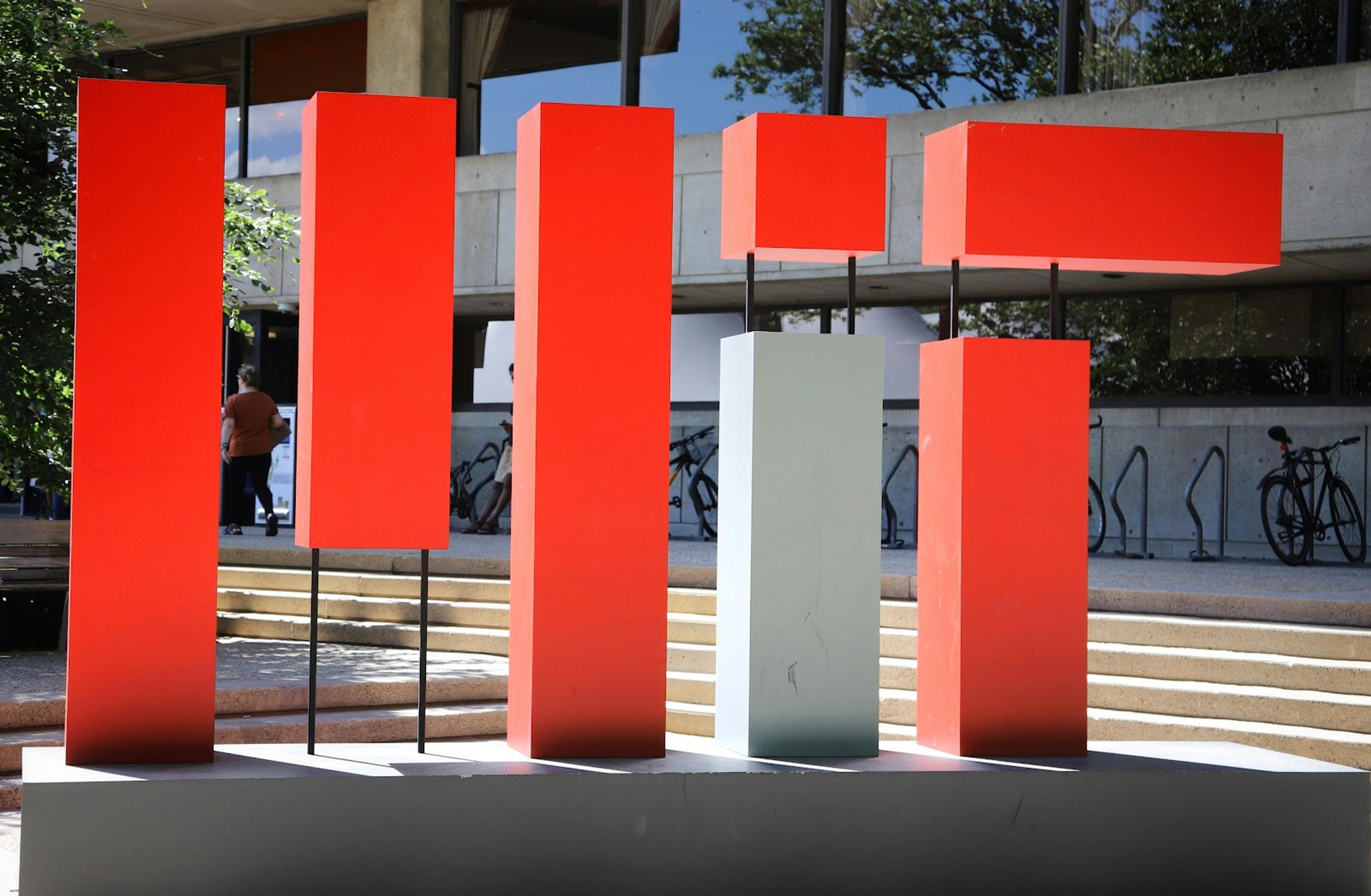
MIT Sloan MBA Requirements
Application Checklist
- GMAT/GRE Score (self-reported or official; waiver available in special cases)
- Video Statement (required in place of traditional essays)
- Cover Letter (300 words max)
- Resume (1-page, standard format)
- Letter of Recommendation (one required)
- Additional References (two contacts, if needed)
- Organizational Chart (to show reporting structure)
- Application Fee: $250 (fee waivers available)
- Academic Transcripts
- Optional Short Answer (250 words)
- Relevant Coursework and Professional Certifications
MIT Sloan MBA Video Statement
- Instead of essays, applicants must submit a 1-minute video introduction.
- It must be recorded in a single take with no edits, background music, or subtitles.
- Deferred MBA applicants must submit an additional video responding to a randomly generated question.
Read: MIT Sloan Video Statement: Overview, Advice, & Common Mistakes
MIT Sloan Interview
Interviews are given by invitation only, and it is a required step in the process for admitted students. These are conducted virtually and scheduled in Boston time.
- An interview means that your application has reached an advanced stage of consideration; however, it does not guarantee admission
- If you are invited for an interview, you will be asked to respond to several questions prior to the interview. The details will be included in the interview invitation.
- Your interviewer will ask you clarifying questions about your application and behavioral questions, then you will have the opportunity to ask questions about the MIT Sloan MBA program
MIT Sloan MBA Letters of Recommendation
You are required to submit one letter of recommendation for MIT Sloan by the application deadline. Since the recommendation letter can tell a lot about you, make sure that you select someone qualified to speak about you in professional contexts and your potential as a leader. Ideally, the recommendation should come from a professional contact, preferably a manager or a supervisor. MIT Sloan does not accept recommendations from family members. Your recommender should be able to answer the following questions:
- How long and in what capacity have you known the applicant?
- How does the applicant stand out from others in a similar capacity?
- Please give an example of the applicant's impact on a person, group, or organization.
- Please give a representative example of how the applicant interacts with other people.
- Please tell us anything else you think we should know about this applicant.
- Describe the most important piece of constructive feedback you have given the applicant. Please detail the circumstances and the applicant's response.
Click here for our FREE Recommender Prep Template.
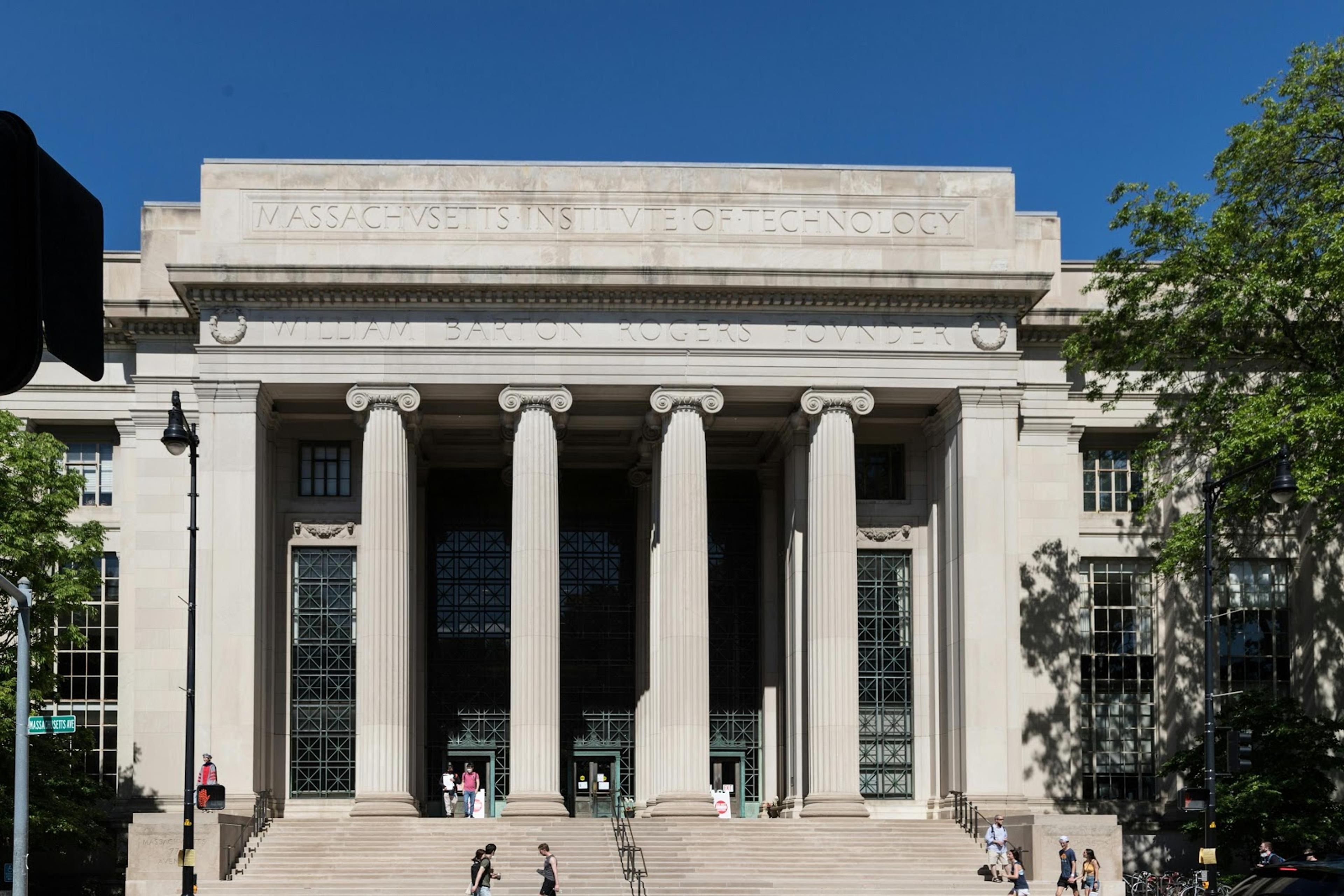
MIT Sloan MBA Curriculum & Class Structure
During your first semester, which is your core semester, you will be carefully grouped into six cohorts of MBA students with a diverse mix of backgrounds, interests, and experiences. MIT’s tradition is to name the cohorts after an ocean or sea: Atlantic, Baltic, Caribbean, Indian, Mediterranean, and Pacific. The cohort is then divided into smaller teams that move together as a group through the core semester, creating a strong bond that lasts throughout the MBA classroom experience, and even beyond.
Year 1
The first year centers on building a strong foundation in management principles through a mandatory core curriculum. Students are organized into cohorts, fostering a collaborative learning environment.
Required core classes:
- Leadership Challenges for an Inclusive World
- Economic Analysis for Business Decisions
- Data, Models, and Decisions
- Communication for Leaders
- Organizational Processes
- Financial Accounting
Optional core courses:
- Managerial Finance
- Intro to Operations Management
- Competitive Strategy
- Marketing Innovation
Additionally, students engage in Action Learning Labs, where they apply classroom knowledge to real-world projects, collaborating with companies and organizations to address complex business issues.
Year 2
Semesters 2-4, Track
After the core curriculum, you will have three semesters to create the program that’s right for you. In total, you should have 144 units of electives. You may also take up to three approved, graduate-level electives outside of the Sloan School of Management at Harvard or MIT. Some students also choose to write a thesis during their second year.
MIT Sloan offers a program called “Tracks,” which is limited to MBA students, as well as “Certificates,” which is open to all MIT graduate students, in order to provide you with a wide range of options from which you can focus your studies and interests.
Tracks
- Finance Track
- In this track, you will be able to learn about the foundations of FinTech, investment banking, and more.
- Entrepreneurship & Innovation Track
- If you want to become a founder of a startup, this is the best track for you.
- Enterprise Management Track
- If you want to be in management after graduation, this track will help you learn the cross-functional skills that you will need to lead small and large organizations.
Certificates
- Analytics
- Product Management
- Enterprise Management
- Entrepreneurship & Innovation
- Finance
- Healthcare
- Sustainability
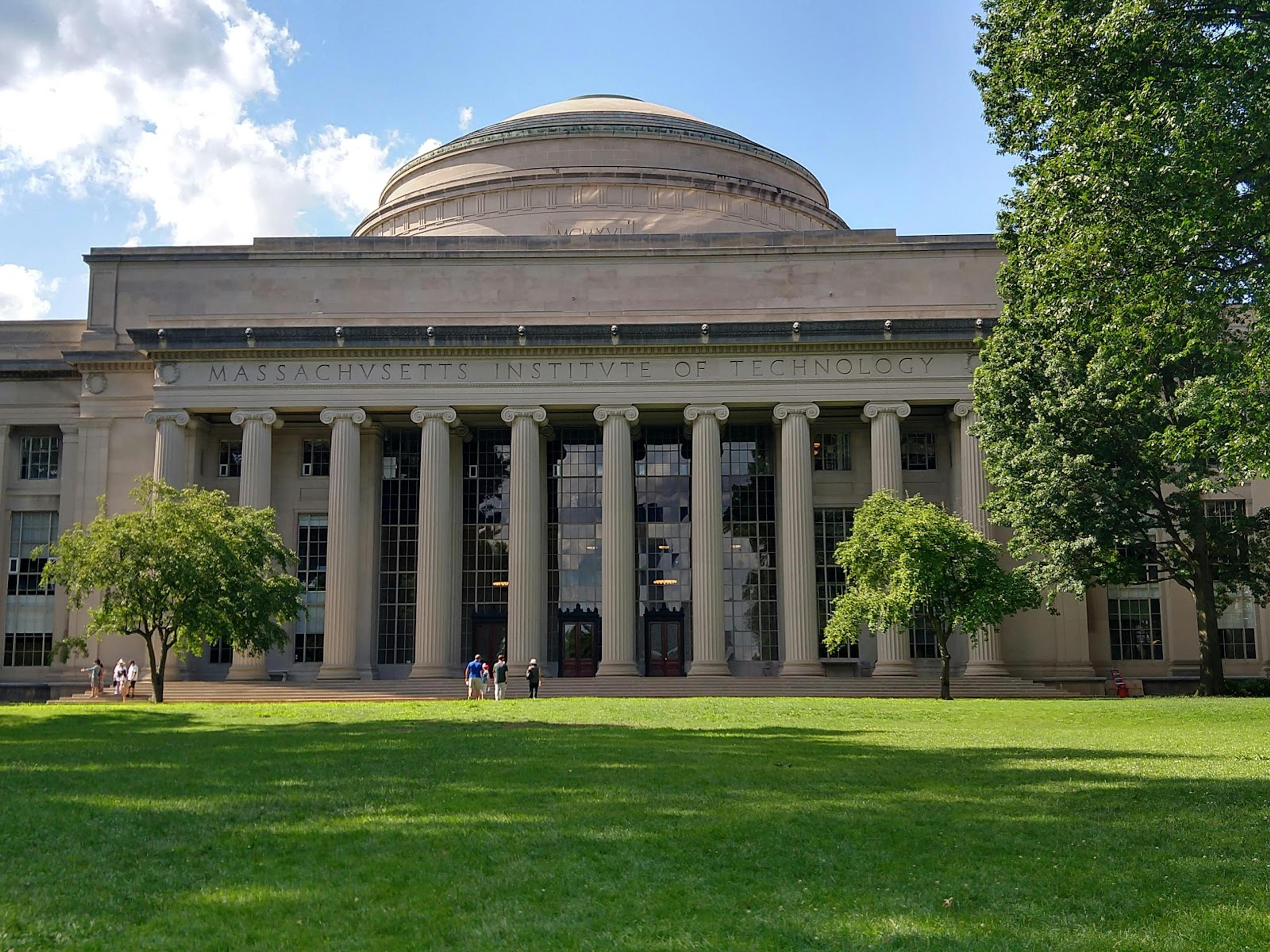
How to Get Into MIT Sloan
Demonstrate Analytical Aptitude
MIT Sloan places a strong emphasis on analytical and quantitative abilities, given its deep-rooted connection to data-driven decision-making and technological innovation. To stand out as an applicant, you need to demonstrate strong quantitative skills through your academic background, standardized test scores, and professional experience. A solid foundation in mathematics, economics, engineering, or finance can be advantageous, but even if you come from a non-quantitative background, you can strengthen your application by showcasing your ability to handle complex problem-solving.
High GMAT or GRE scores, particularly in the quantitative section, serve as indicators of analytical aptitude. If your academic transcripts reflect strong performance in quantitative coursework such as calculus, statistics, or data analysis, that can further reinforce your abilities. In addition to academic credentials, professional experience that involves data analysis, financial modeling, programming, or strategic decision-making will help highlight your ability to think critically and make data-driven decisions—qualities highly valued at MIT Sloan.
Highlight Leadership Experience
MIT Sloan seeks individuals who have demonstrated leadership potential, whether through formal management roles or impactful initiatives within their organizations and communities. Successful applicants highlight experiences where they have taken the initiative, driven change, and influenced teams to achieve meaningful outcomes. Leadership at MIT Sloan isn’t just about holding a prestigious title—it’s about demonstrating a proactive approach to solving problems, fostering collaboration, and taking ownership of challenges. If you have led a project, spearheaded a new initiative, or influenced decision-making in your workplace, these experiences should be woven into your application.
Additionally, leadership in extracurricular activities, community service, or entrepreneurial endeavors can further illustrate your ability to take initiative. MIT Sloan values leaders who are not only effective within their organizations but also those who aspire to have a broader societal impact. Use your application to tell compelling stories of leadership, focusing on the challenges you faced, the actions you took, and the results you achieved.
Emphasize Alignment with MIT Sloan's Values
MIT Sloan has a unique culture centered on innovation, collaboration, and global impact, and the admissions committee looks for candidates who genuinely align with these values. The school thrives on an ecosystem of forward-thinking individuals who are not afraid to experiment, take risks, and challenge conventional wisdom. In your application, it’s essential to articulate how your personal and professional goals align with Sloan’s mission. Whether it’s your desire to work on cutting-edge technology, contribute to sustainable business practices, or drive transformative change within an industrial management, your aspirations should resonate with MIT Sloan’s emphasis on impact-driven leadership.
MIT School also values collaboration and an openness to diverse perspectives, so applicants should demonstrate how they have thrived in team-based environments and how they plan to contribute to the collaborative MIT Sloan culture at the school. Furthermore, the school fosters a hands-on, action-learning approach, so showcasing your ability to learn by doing and adapt to complex business challenges will help make your application more compelling.
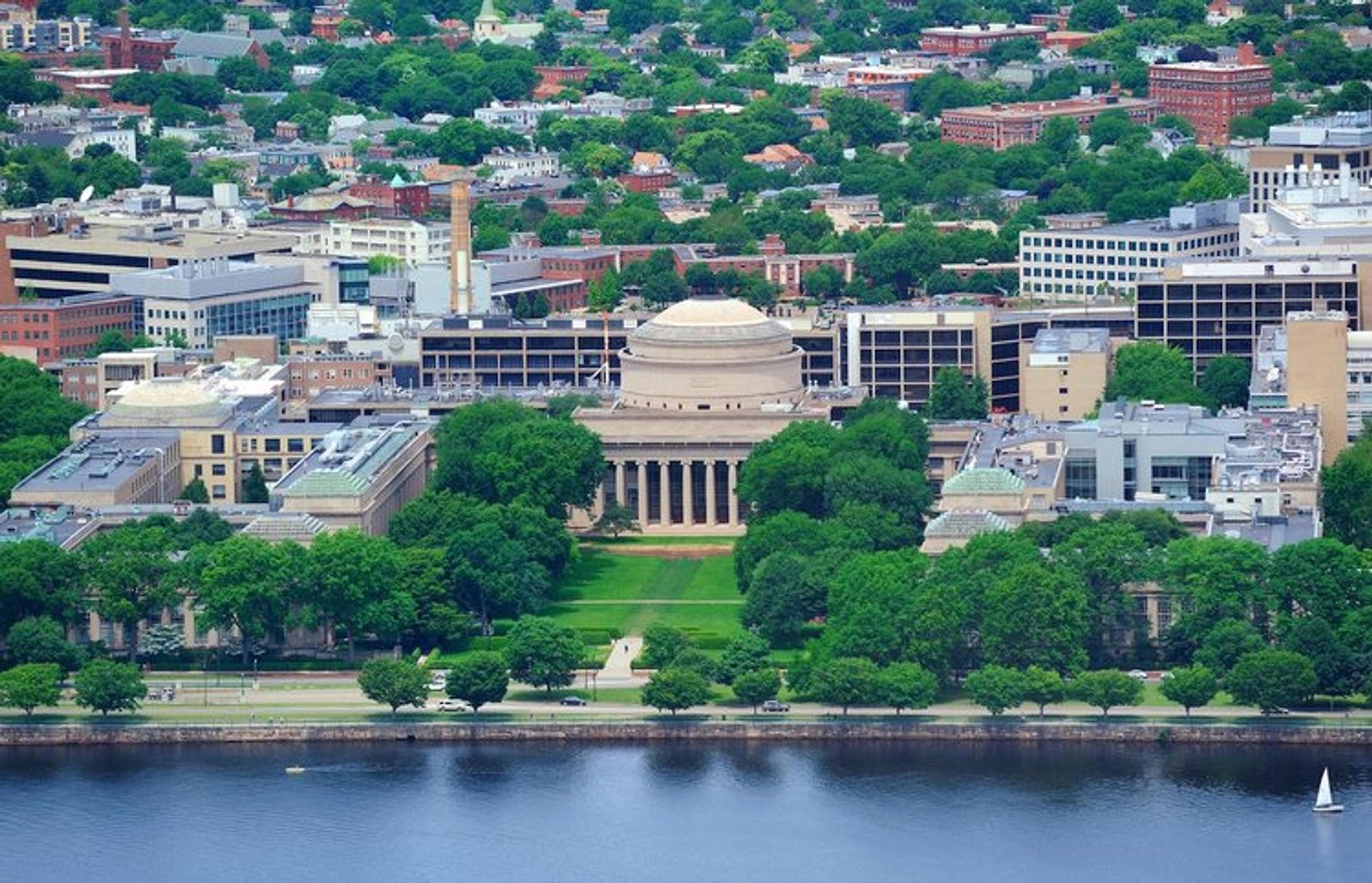
MIT Sloan Notable Alumni & Faculty
Alumni
- Kofi Annan - Former Secretary-General of the United Nations and Nobel Peace Prize laureate.
- Benjamin Netanyahu - Former Prime Minister of Israel.
- William C. Ford Jr. - Executive Chairman of Ford Motor Company.
Faculty
- Robert C. Merton - Nobel laureate in Economic Sciences, renowned for his work in continuous-time finance and the Black-Scholes-Merton model.
- Andrew W. Lo - Expert in financial economics and author of the Adaptive Markets Hypothesis.
- Fiona Murray - Associate Dean for Innovation, specializing in the commercialization of scientific research and innovation ecosystems.
Get Into MIT Sloan With the Help of Experts
Applying to MIT Sloan is a highly competitive process, requiring a strategic approach to showcasing your analytical skills, leadership experience, and alignment with Sloan’s values. Many applicants turn to MBA admissions consultants for expert guidance on refining their applications, crafting compelling narratives, and maximizing their chances of acceptance. Whether you need help with your resume, essays, interview prep, or overall application strategy, working with an experienced coach can provide invaluable insights and personalized feedback.
Here are three of the most popular MBA admissions consultants for MIT Sloan. Browse all here:
- Sarah S. — A former MIT Sloan admissions committee member, Sarah specializes in helping candidates craft compelling applications by leveraging their unique experiences and demonstrating a strong fit with Sloan’s action-learning culture.
- Matt K. — With extensive experience mentoring MBA applicants, Matt provides personalized guidance on essay writing, interview strategies, and positioning candidates for success in Sloan’s highly selective admissions process.
- Cesar M. — A Sloan graduate with firsthand knowledge of the program, Cesar helps applicants navigate the application journey, refine their career goals, and effectively communicate their leadership and analytical strengths.
Check out these resources for more information as you apply to business school:
- MIT EMBA (Executive MBA) Degree – Program Overview
- MIT Sloan MBA Cost: Tuition & Fees Breakdown
- The Complete MBA Application Guide
Leland provides you with the content, community, and coaching that you need to get into your dream MBA program and accomplish other ambitious goals. Sign up today to gain access to additional free resources, community events, small group classes, world-class coaching, and more.
MIT FAQs
What are the admissions criteria for the MIT Sloan MBA program and what do they look for in a candidate?
- Their goal is to create a vibrant learning environment abundant with diverse ideas and life experiences. This is why they welcome applicants from all over the world, and from all areas of study. They look for students whose personal characteristics show that they will make the most of the opportunities presented to them at MIT, both academic and non-academic.
Are there advantages to applying in Round 1?
- There are more available seats in the class during Round 1 and Round 2 so it is better to apply during these rounds. They also admit candidates in Round 3 so you should apply only once you have fully completed your application to the best of your ability.
Can I apply in multiple application rounds?
- You can only apply once per year. The LGO applicants must apply during one of the LGO rounds and they will automatically be considered for both LGO and MBA. If you are not accepted, LGO applicants cannot apply to another MBA round in the same year.
How does the waitlist work at MIT Sloan?
- Once you are waitlisted in a round and accept a place in the waitlist, you will be automatically considered in the next round and will receive another updated decision during that round.
Does MIT offer deferrals?
- It is only approved on a case-by-case basis. All applicants are encouraged to apply only in the year they hope to matriculate, unless you are applying for the MBA Early Admission Program.
What is the format of the interview?
- Once you are invited to interview, you will meet one-on-one with a member of the Admissions Committee. They conduct behavioral interviews where you will be asked to provide specific examples of personal and professional behavior. It will last for 30 minutes.
What is MIT Sloan looking for when interviewing candidates?
- Their goal in the interview is to get to know you better. They look forward to hearing specific examples of your skills in building relationships and leadership. Additionally, they look for professional presentation and communication, as well as English language proficiency.
If I did my undergraduate studies outside of the United States, should I convert my GPA?
- No, conversion is not needed for your online application. The committee is very much familiar with the different grading systems and can evaluate it on their end.
Does MIT require a minimum acceptable GMAT/GRE score?
- There is no minimum test score on either test. You can review the class profile to give you an idea on the average scores of the admitted students.
Do I need a TOEFL/IELTS score to apply to the MBA Program?
- They do not require the TOEFL/IELTS. Your English language ability will be assessed in your interview.
Browse hundreds of expert coaches
Leland coaches have helped thousands of people achieve their goals. A dedicated mentor can make all the difference.












